Yes, The Beatles are forever.
And this is why: five decades after a pop & rock band broke up, its fans spanning generations – youngest barely in teens to the late 70s– gang up to pour and gush over and analyze each and every little titbit about The Fab Four from Liverpool, at a Webinar held in the Pink City of Jaipur, situated nearly 7000 km away.
The occasion was to mark the completion of 50 years of the official break up of The Beatles in late 1969, announced after the London Police broke up a recording session on the rooftop of the Apple Records headquarters.
Each Beatle may have gone on their own different ways and each super successful in whatever they did. But in the minds of countless fans, they continue to live forever – the foursome is eternal, real legends, in fact, the Beatle Bhagawan’s.
The event was a congregation over Zoom, hosted by Beatles researcher and Public Relations guru from Jaipur, Jagdeep Singh, who brought together a band of die-hard ‘Beatles Bhakts’ — event manager Siddhartha Chaturvedi, teacher, musician and music producer Melven Castelino, and singer and bass guitarist Vijay Andrews – together. They transported the attendees on a nostalgic, magical mystery tour of the life & times and journey of the Liverpool lads into the legends that they became.
Little known facts about the Fab Four from the panel livened up the memories of the fans who were treated to renditions of few Beatles classics. And time just flew on by.
Vijay performed ‘I Saw Her Standing There’ and ‘Norwegian Woods’. And Melven rendered ‘Yesterday’ and ‘Let It Be’.
The one hour allotted for the Webinar fell woefully short in satiating the desire of the fans wanting to more and more about The Beatles.
Jagdeep Singh’s promise to host a real Beatles evening in Jaipur, post Covid19 lockdown, had all participants praying for normalcy and a chance to come together and share their love for pure music and meaningful and soulful lyrics John Lennon and Paul McCartney penned.
Jagdeep started with the story of four young working-class lads from Liverpool and their struggle, not just to make the music but even to survive.
Imagine, just buying a guitar was a challenge, a mammoth one for John Lennon. And how the original drummer Pete Best was dumped to settle for Ringo Starr. And then the panelists took the participants on a nostalgia trip, with history, music, and music genres, tones & tenor, lyrics and the whole revolution they brought about in the lives of the people.
Siddhartha told the audience about how the Beatles once hugely played rock n roll numbers. And that they would come under the genre of both Rock and Pop.
Melven Castelino who has been running the band, ‘Cool Boyz’ for the past 28 years said that there was a huge demand for Beatles numbers whenever they play. He cited how difficult it is for a band to survive – citing the breakups of Bee Gees, Boney M., ABBA, etc, in the context of the Beatles breakup.
Vijay Andrews so deftly outlined the Indian connection of the Beatles. And that George Harrison was the most influenced with Mahesh Yogi as well as Ravi Shankar as well as the Sitar. It was he who introduced Pandit Ravi Shankar and other Indian musicians to the world.
The one question that topped every fan was who among the Bollywood musicians of that generation copied the Beatles the most?
This was an easy one – almost everyone, only by the time Sholay was made, RD Burman went off the beaten track and chose the Greek Singer Demis Russous and picked up his ‘Say, you love me’ number for the theme music for his Mehbooba, oh Mehbooba song, that became a mega-hit in the late 70s.
Well, easily, the one-hour limit of Webinar and at times poor audio quality due to internet and teething issues had tested the patience of the participants.
But there always is the chance of attending the real one, to be hosted by Jags, as Jagdeep Singh is known internationally, in Jaipur on a lovely winter evening.
Mr. Lakshmana Venkat Kuchi is a senior journalist tracking social, economic, and political issues across the country. He was associated with the Press Trust of India, The Hindu, Sunday Observer, and Hindustan Times.

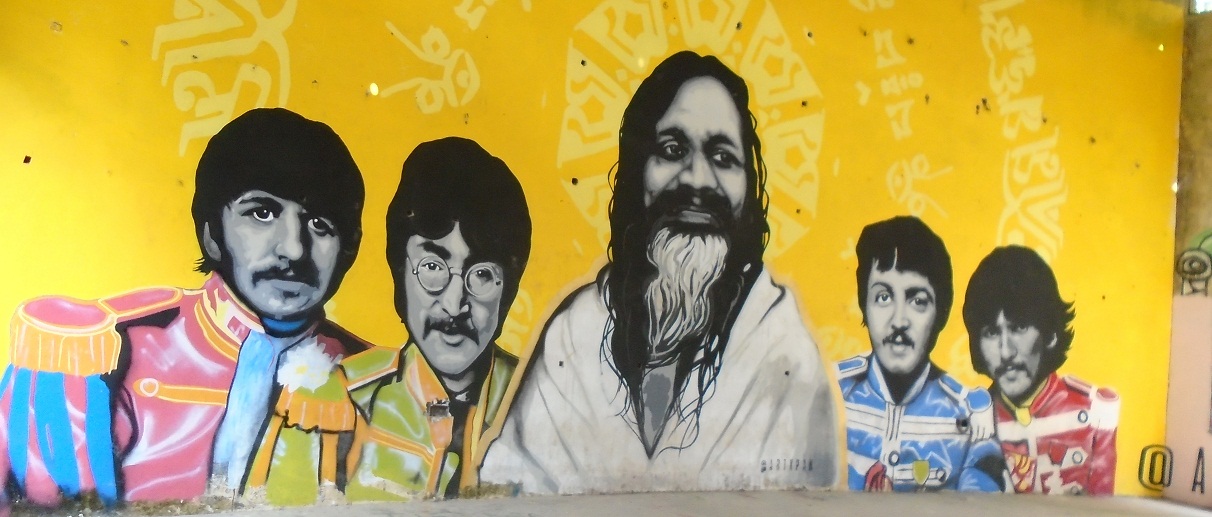
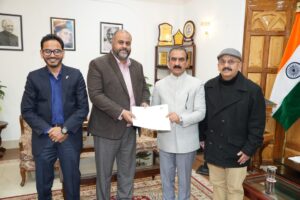
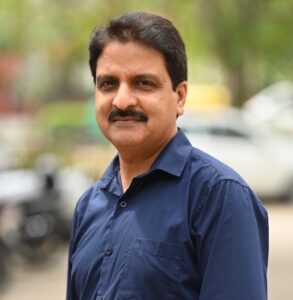
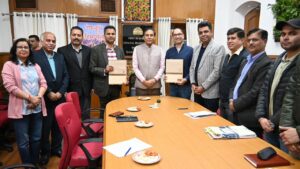
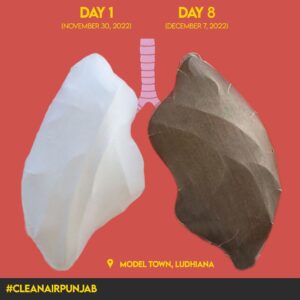

Comments are closed.